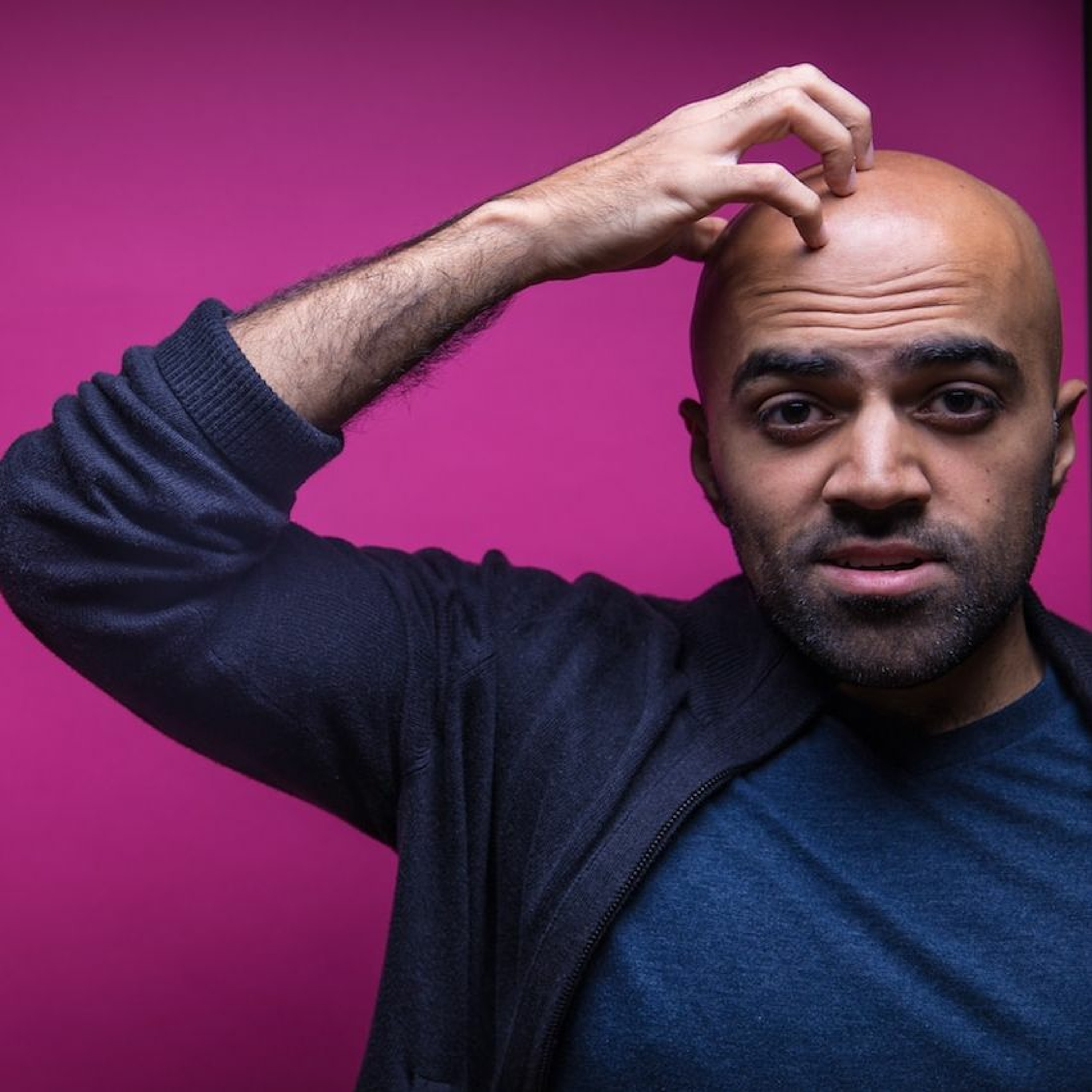- Technology
- SEE MORE
- classical
- general
- talk
- News
- Family
- Bürgerfunk
- pop
- Islam
- soul
- jazz
- Comedy
- humor
- wissenschaft
- opera
- baroque
- gesellschaft
- theater
- Local
- alternative
- electro
- rock
- rap
- lifestyle
- Music
- como
- RNE
- ballads
- greek
- Buddhism
- deportes
- christian
- piano
- djs
- Dance
- dutch
- flamenco
- social
- hope
- christian rock
- academia
- afrique
- Business
- musique
- ελληνική-μουσική
- religion
- World radio
- Zarzuela
- travel
- World
- NFL
- media
- Art
- public
- Sports
- Gospel
- st.
- baptist
- Leisure
- Kids & Family
- musical
- club
- Culture
- Health & Fitness
- True Crime
- Fiction
- children
- Society & Culture
- TV & Film
- gold
- kunst
- música
- gay
- Natural
- a
- francais
- bach
- economics
- kultur
- evangelical
- tech
- Opinion
- Government
- gaming
- College
- technik
- History
- Jesus
- Health
- movies
- radio
- services
- Church
- podcast
- Education
- international
- Transportation
- Other
- kids
- podcasts
- philadelphia
- Noticias
- love
- sport
- Salud
- film
- and
- 4chan
- Disco
- Stories
- fashion
- Arts
- interviews
- hardstyle
- entertainment
- humour
- medieval
- literature
- alma
- Cultura
- video
- TV
- Science
- en
#4: Haseeb Qureshi - Professional Poker Player turned Software Engineer

b'Haseeb Qureshi is a Texas-native who dominated the poker world and decided to pursue his dream of becoming a software engineer. He started playing poker at 16 years old and was able to turn $50 to $100,000. He eventually became one of the world\\u2019s best no-limit hold-em poker players at 19 but he was not fulfilled. So, Haseeb left the poker world and decided to start over from scratch by giving all of his money away. After hearing about coding bootcamps from a friend, he decided to break into tech and join App Academy. Haseeb learned quickly, became an instructor after two months, and eventually became the Head of Product. He really wanted to work as a software engineer and his recruiting process was tough. On this interview he shares how he got his position at Airbnb by applying lessons from poker and proving that with confidence, deliberate practice, negotiating skills, and an altruistic heart, you can always rise above any challenges you meet along the way.\\n\\nKey Points:\\n1. When you\\u2019re trying to learn something,you need to give yourself feedback when you make a mistake. This is the idea of deliberate practice. Try to find the smallest possible thing that could be critiqued and then get feedback on it and then try to iterate on it.\\n\\n2. The biggest difference between boot camps is not the curriculum, the teachers, or the network. The biggest difference is your peers and the rate of intensity with which you\\u2019re going to be learning around them.\\n3. When facing rejections, remember that you have no control over things no matter how good you are. Also, pain is transient. You might feel awful today but you will feel better the next day and the next, until you can barely even remember. Besides, people can\\u2019t say no forever.\\nConsider plugging into your network for job search referrals throughinformational interviewing. Reach out to anyone in your network, sit down with them, ask them about their company and experience, and get referrals.\\n4. A large part about negotiation is power. Be mindful of it, where it comes from, and how to maintain it. Have leverage in your negotiations by having the ability to not accept it because you have another offer. Interviewers can\\u2019t read your mind. It\\u2019s not a zero-sum game.\\n\\n\\nSHOW NOTES (FOCUS ON THE STEPPING STONES):\\n[1:33] Growing up in Dallas, Texas \\n[2:47] Starting to play poker at the age of 16 with $50 \\n[11:51] Advice on picking a bootcamp \\u2013 The biggest difference between great bootcamps and a not-so-great bootcamps: Peers + Rate & Intensity level (with which you\\u2019re going to be learning around them)\\n [19:12] Deliberate Practice \\u2013 Haseeb\\u2019s secret sauce for being world-class in poker and his boot camp journey (Feedback mechanism is key!) \\u2013 Working on Codewars, massive practice, going back over and over to fix mistakes, and understanding the pattern\\n[27:42] Dealing with self-doubt: Haseeb doubted his vision of the world and this picture of himself being somebody who could just walk into an interview and nail it and have all these offers\\n[28:31] How to deal with rejections:\\nYou have absolutely no control. No matter how great you are, no matter if you\\u2019re the best player in the world, there\\u2019s always a chance that you\\u2019ll lose.\\nAny pain is transient. What you feel today will be softer the next morning and the next.\\nKeep going. People can\\u2019t say no forever.\\n[35:05] Haseeb\\u2019s approach to the negotiation process\\n [37:57] Overcoming recruiter tactics that take away your leverage during negotiation:\\n [39:41] Exploding Offers \\u2013 What are they? How do you deal with these?\\n[45:56] How to prepare for interviews'